This interview appears in the September/October 2022 issue of children’s magazine Jack & Jill.
Jeff Kinney is the author behind the internationally bestselling Diary of a Wimpy Kid series, which has sold over 250 million copies worldwide and been read by everyone from the entire 2019-2022 graduating class to the Pope. Jack and Jill’s Sally Beaudette got the chance to sit down and chat with Jeff about his series as the newest DOAWK book, Diper Överlöde (Diary of a Wimpy Kid Book 17) was nearing its October release date.
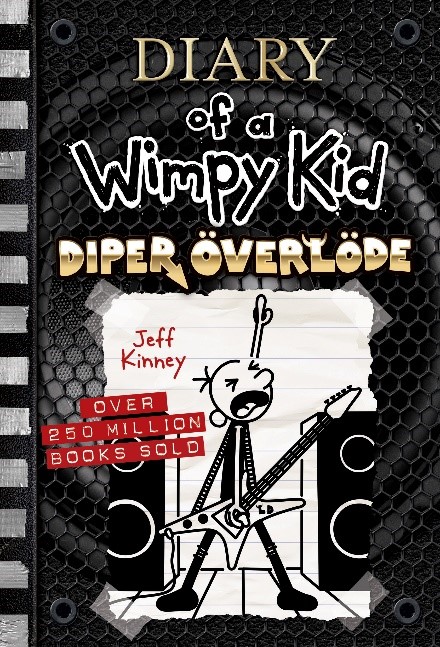
Sally Beaudette: So many adult writers try to accurately capture the voice of young people and fail. How do you do it so well?
Jeff Kinney: Oh, well, that’s a high compliment. That’s a really good question. Something I worry about all the time. I’m 51 now, and so when I started writing Diary of a Wimpy Kid I was 28, right? So I’m always wondering, am I gonna lose whatever that thing is? ’Cause you don’t know when that change kind of happens, so I’m happy that I still seem to be getting it right. I think, honestly, a lot of it is just my own perceptions, or my feelings, and the thoughts that I have right now, so that must mean that I’m pretty close to how I was mentally back then. But it is something I do worry about going away, so I’m glad I’m still getting it right.
SB: Oh yeah. For sure. Clearly you care about upholding the integrity of the writing and characters. A lot of people will keep writing just for profit, and you’re clearly not doing that. Why do you keep writing in the DOAWK series?
Kinney: I think that a good cartoon character is like a promise, right? A cartoon character, like Donald Duck or Mickey Mouse, or Calvin from Calvin and Hobbes, Charlie Brown, they kind of promise you that they’re not going to go away. And that’s one of the things about cartoon characters that’s really special, is that they don’t generally age or change. And so a typical newspaper cartoonist has a creation that lasts for decades, right? And I’m only 15 years into this, so I haven’t filled two decades yet. But I’m really hoping to keep going for a while. I always thought 20 [years] would be my absolute limit, and now I’m trying to puzzle out whether or not I can keep going. So that’s a very long answer to your short question. You could look at it kind of cynically and say, wow, Diary of a Wimpy Kid is 17 — and it sounds funny to even say it — but it is also really cool that there’s still an appetite for it, and maybe one day your kids will be reading the books, and I’ll still be writing them.
SB: Oh they will be. I’ll make them, if only so they can understand the jokes I’ll make from DOAWK.
Kinney: That’s hilarious.
SB: Is there a larger purpose to DOAWK beyond telling a good story?
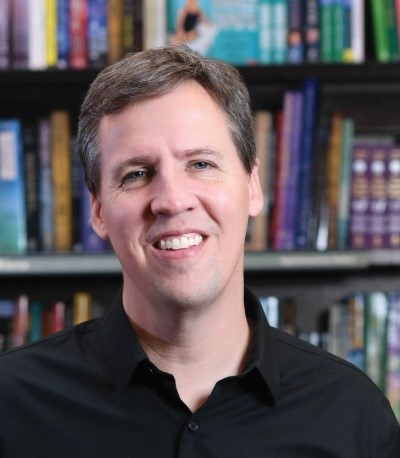
Kinney: A lot of the purpose is just me trying to satisfy this thing personally, which is: I wanted to be a cartoonist, and I got to be one, and now I don’t want to stop. As far as what the purpose of the books is — quality humor. You know, I really strive for quality humor. I try to never phone it in. I work as hard as I can. And, you know, my books aren’t all gold, but I think there are funny moments in each one, so I really strive to make each book the best it can be. And then I love it that kids read my books and then they get, maybe, kind of addicted to reading and get into that rhythm, and become lifelong readers.
SB: That’s a good motive. I think if you’re having fun when you create something, it shows. And if you’re not having fun, it also shows.
Kinney: Yeah, I think you’re right about that. It’s my job to be funny. Every year life has its own challenges, some more serious than others, but it’s always my job to try to be funny, and it’s an interesting challenge.
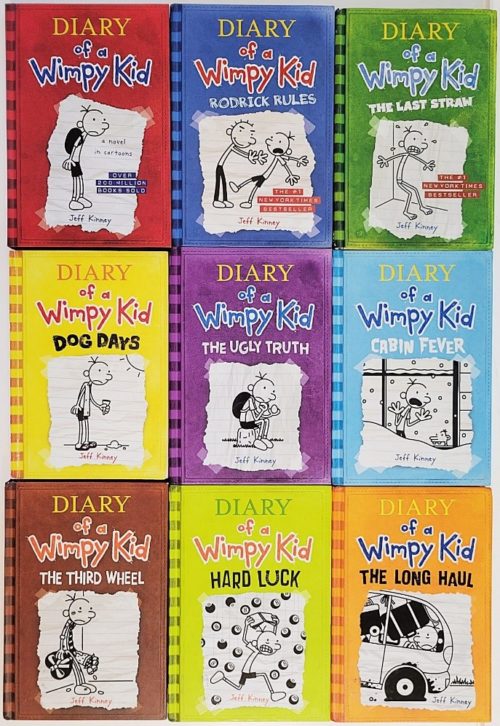
SB: I guess this is kind of an obvious question, but is it hard to be funny sometimes? Do you have to train to stay funny?
Kinney: I find that I’m pretty good at keeping things in silos, I guess you could say … I find that I almost work better the more challenging it is. That makes sense.
SB: Do you ever worry about presenting kids with a negative role model, since Greg is the second-worst person I can think of after [Greg’s younger brother] Manny?
Kinney: There’s been a backlash against Manny, which is really funny. You know, what’s funny about Greg, and I do get this criticism a lot, that he’s bad — a bad friend. He really is. [But] he doesn’t do anything worse than I did as a kid. But, you know, he’s immature. And that’s part of the fun of the character. You know everything you need to know about the character in the first few pages. Greg says, “Once I’m rich and famous, I won’t have to deal with people’s stupid questions all day long.” Is that … I guess that’s pretty bad, yeah. But we all have these kinds of thoughts. Usually we don’t say them out loud, and what’s fun about Greg is that he says them out loud … And that’s how life is when you’re a kid. Your ring, your radius, is very small. It’s just around you. And then it gets to the family level. And you don’t really think much about the outside world, certainly not society, countries, all those things. And then as you get older the rings expand. So Greg is in a place where his ring is just very small. In fact, he’s just got this one friend, really, Rowley Jefferson, so his world is very, very small.
The trailer for the animated Diary of a Wimpy Kid (Uploaded to YouTube by Walt Disney Studios)
SB: Do you have a favorite memory that you wish you could’ve put into Diary of a Wimpy Kid?
Kinney: You know, there’s a joke that I never was able to put into the books that I just got to use the other day. When I went to my undergraduate ceremony at the University of Maryland when I graduated, everyone’s wearing all black robes — really simple black robes. So my mother had me borrow her robe, and she had become a doctor of education, and so her robe had these big blue stripes on the sleeves, and a big blue kind of thing down the middle. And so I showed up to my undergraduate ceremony with thousands of students wearing just black, and I was wearing, literally, doctor’s robes. And I’ve never gotten to use that because I thought it would be too much of a stretch in the books. But I did get to speak at a graduation ceremony just the other day, [and] I got to tell them about that. So you always get to use your material somehow.
SB: That’s good. I went to school in a district where we learned how to square dance from this guy named Dancing Dave. And a couple of years ago, somebody said that he died, and he had to go on Facebook and say, “I’m not dead.” I’ve always wanted to write that into something. But I don’t write that type of thing, so I never have.
Kinney: I like it.
SB: It was so funny! And then when you write it into something, it has to be funny … like it’s funny that it happened, but it has to be funny enough for fiction. That’s a different standard.
Kinney: I actually have been working on a new animated movie, and in part of that I have a square dancing unit where I have to have a plot play out in the square dancing itself. So as the kids are mixing and matching, switching partners, information is being communicated and the story changes throughout it. But it was really fun to try to choreograph dialogue like that, in an actual dance.
SB: That would be a fun challenge. I feel like a lot of books, when they’re made into movies, are worse than the book. But the Diary of a Wimpy Kid movies, especially Rodrick Rules, the plot is so cohesive in a different way than the books. You switched between mediums in a way that utilized each one to the fullest extent instead of trying to just mimic the book completely.
Kinney: Well, in the movie, it’s very interesting to me, because when I wrote my books I didn’t really care about the plot, the narrative, the emotional arc, you know, anything like that. I just cared about joke, joke, joke, joke. So I really learned from working on those films how important it is to tell a story that’s structured in a very particular way, and how it’s important to tell a story that is emotionally resonant, so that somebody feels for the characters. [Watching the movie,] you care about Greg and Rowley. Those things never crossed my mind, and so now — I’d say it was about book 9 when I started really thinking about that, so that was The Long Haul. So I started thinking about how things could play out onscreen. Now I’m the writer of the Disney animated features. And actually, we’re doing Rodrick Rules, which comes out in a few months. So I love writing in this way. I’m able to revisit my books, which are okay — good jokes, but the plots are okay — I’m able to revisit them and do them the way they should have been done to begin with. So I’m getting better at it over time.
SB: That’s cool. Growth mindset.
Kinney: Yeah. That’s right.
SB: Do you have a favorite character from your books? I always get so excited when I see Fregley.
Kinney: Yeah, I gotta put in more Fregley. I don’t know how many books it’s been since he’s been in them. But I like Rowley, because Rowley is a kid who likes being a kid. He’s very innocent. You wonder why he’s in this friendship with Greg. It doesn’t seem right — what’s Rowley getting out of it? But I think you see these friendships all over the place in middle school relationships. And so it feels like an authentic friendship to me.
SB: What’s one thing you wish interviewers would ask you about more often?
Kinney: I just gave my speech at the University of Maryland, [and] I got to talk about how important it is, for example, that books don’t get banned. Right now, all over the country, schools are taking certain books, especially books that feature people of color, and they’re banning these books, and it’s so important for everybody to feel represented and to see a positive version of themselves in books. So that kind of a question, asking me about that. I could go on and on. It’s really important to me that everybody gets to see themselves in books.
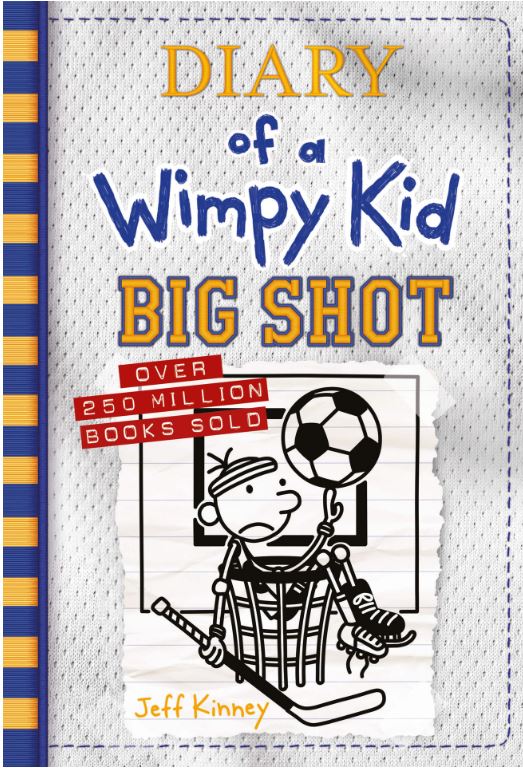
Become a Saturday Evening Post member and enjoy unlimited access. Subscribe now
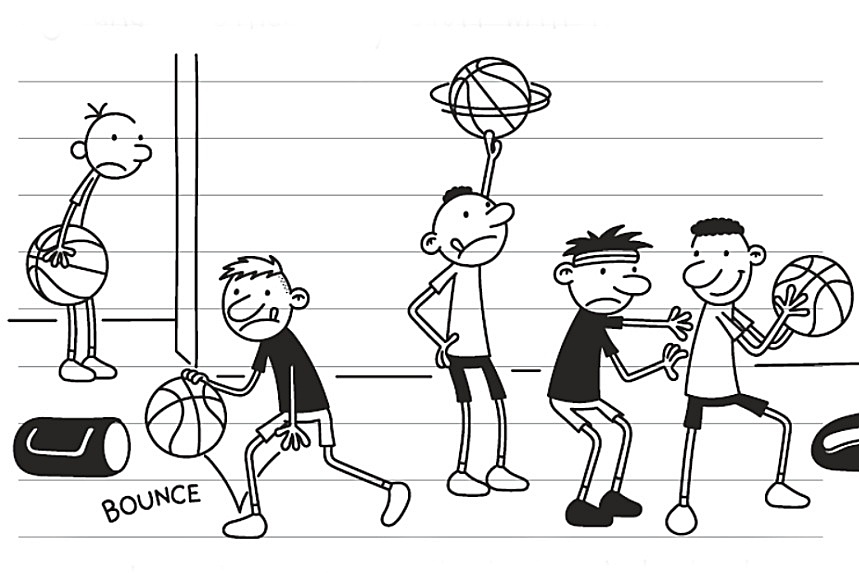

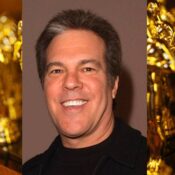

Comments
It’s amazing